- +033 2572 7171
- info@dhanvantary.com

4.5 Rating | 4500 Review

4.5 Rating | 4500 Review
According to Ayurveda Cervical spondylosis shows similarity to manyashula and manyastambha that are caused due to aggrevation of Vata dosha in the neck vertebrae.
It is a degenerative condition that involves the wear and tear of cartilage, discs, and bones in the neck due to aging or strain, leading to stiffness, pain, and nerve compression.
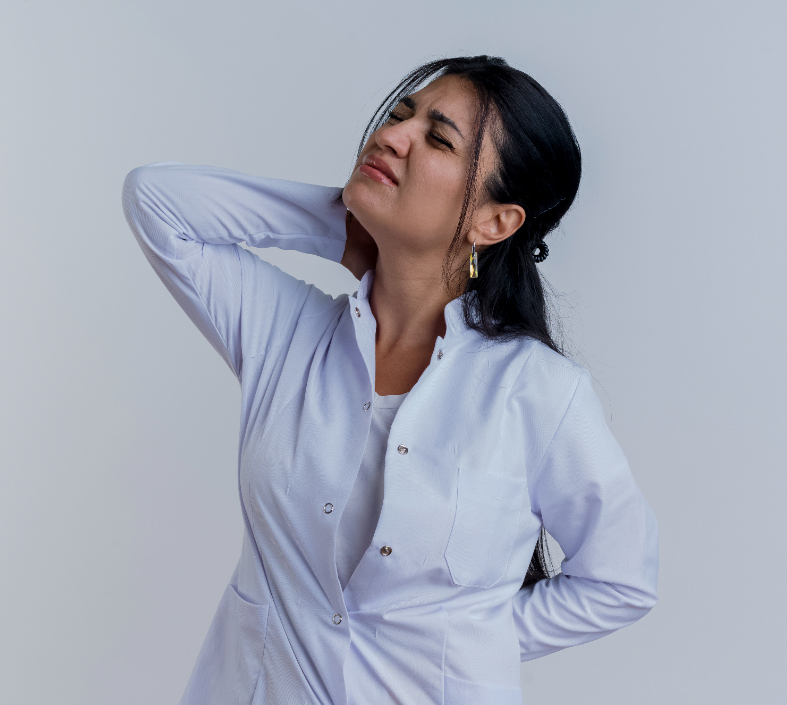
Excess Vata dosha (air and ether) causes dryness and degeneration of tissues, bones, and joints of the neck.
Natural wear and tear of the discs and joints in the cervical spine due to aggravation.
Sitting for long hours with improper posture, especially bending the neck forward (e.g., using smartphones or computers).
Jobs or activities that require repetitive neck movements or long periods of looking down.
The inter-vertebral discs lose moisture over time, leading to reduced cushioning between vertebrae.
Mental stress can aggravate Vata, leading to tightness and pain in the neck and shoulders.
Dull or sharp pain in the cervical region. Pain worsens with movement, especially after sitting or sleeping.
Stiffness and reduced flexibility of the neck due to dryness in the joints. There is difficulty in moving the neck or turning the head.
Pain radiating to shoulders, arms, or hands (related to nerve compression).
Especially at the back of the head or based of the skull. Due to tension in the neck and shoulder region.
Pins-and-needles sensation in the upper limbs due to nerve root compression.
Weakness in the arms or hands, leading to difficulty in gripping objects.
May show growths of bone or spurs called osteophytes on the edges of the vertebrae. There osteophytes are formed when the vertebral bones degenerate.
Magnetic Resonance Imaging or MRI provise detailed images of soft tissues, spinal cord, nerve roots, and disks. It helps in identifying herniated disks or spinal cord compression.
These help assessthe electrical activity of muscles and nerves to check for nerve damage or dysfunction caused by cervical spondylosis.
Triggered by workplace irritants like chemicals, paints, chalk powder etc.
Include ghee (clarified butter) in your diet as it helps lubricate joints and supports digestion.
Since cervical spondylosis is linked to a Vata imbalance, the diet should include warm, moist, and nourishing foods.
Consume foods that are rich in calcium and minerals to strengthen the bones. Include sesame seeds, almonds, leafy greens, and figs.
Daily massage of the neckwith warm herbal oils.
Kati Basti or Greeva Basti (localized oil treatments) can help in relieving pain and inflammation around the cervical spine.
Gentle neck exercises can be helpful.
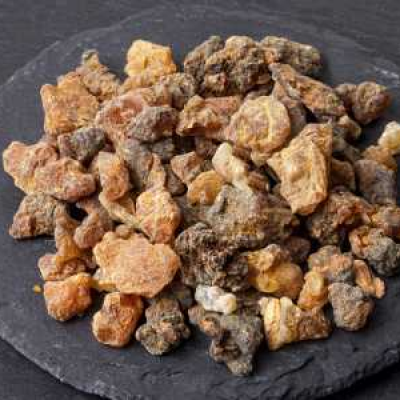
Anti – inflammatory and pain relief
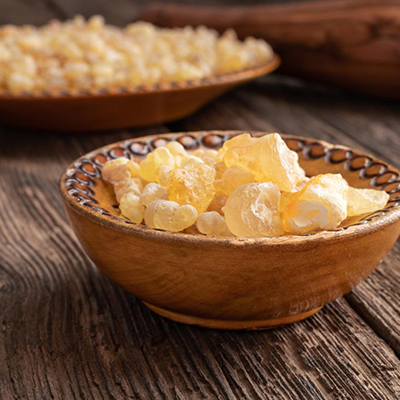
Boswellia helps in reducing inflammation and improving mobility in the neck joints.
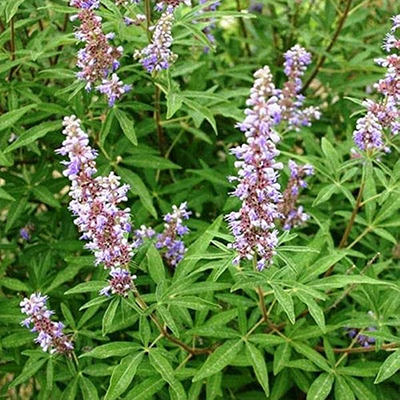
It is used in treating musculoskeletal disorders, Nirgundi helps in relieving pain, swelling, and stiffness.
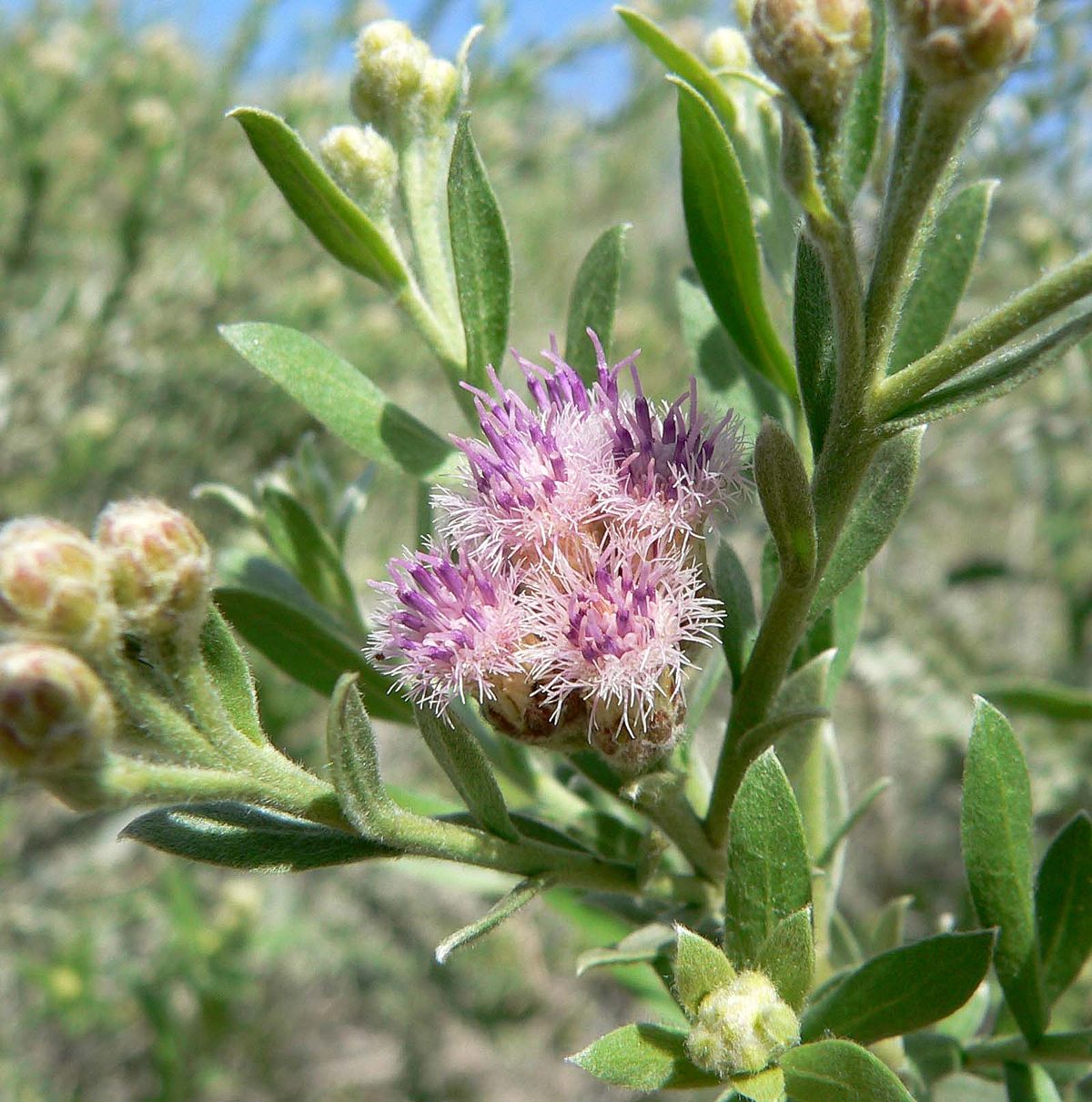
Known for its ability to relieve pain and inflammation in muscles and joints, Rasna is effective in managing cervical spondylosis symptoms.
